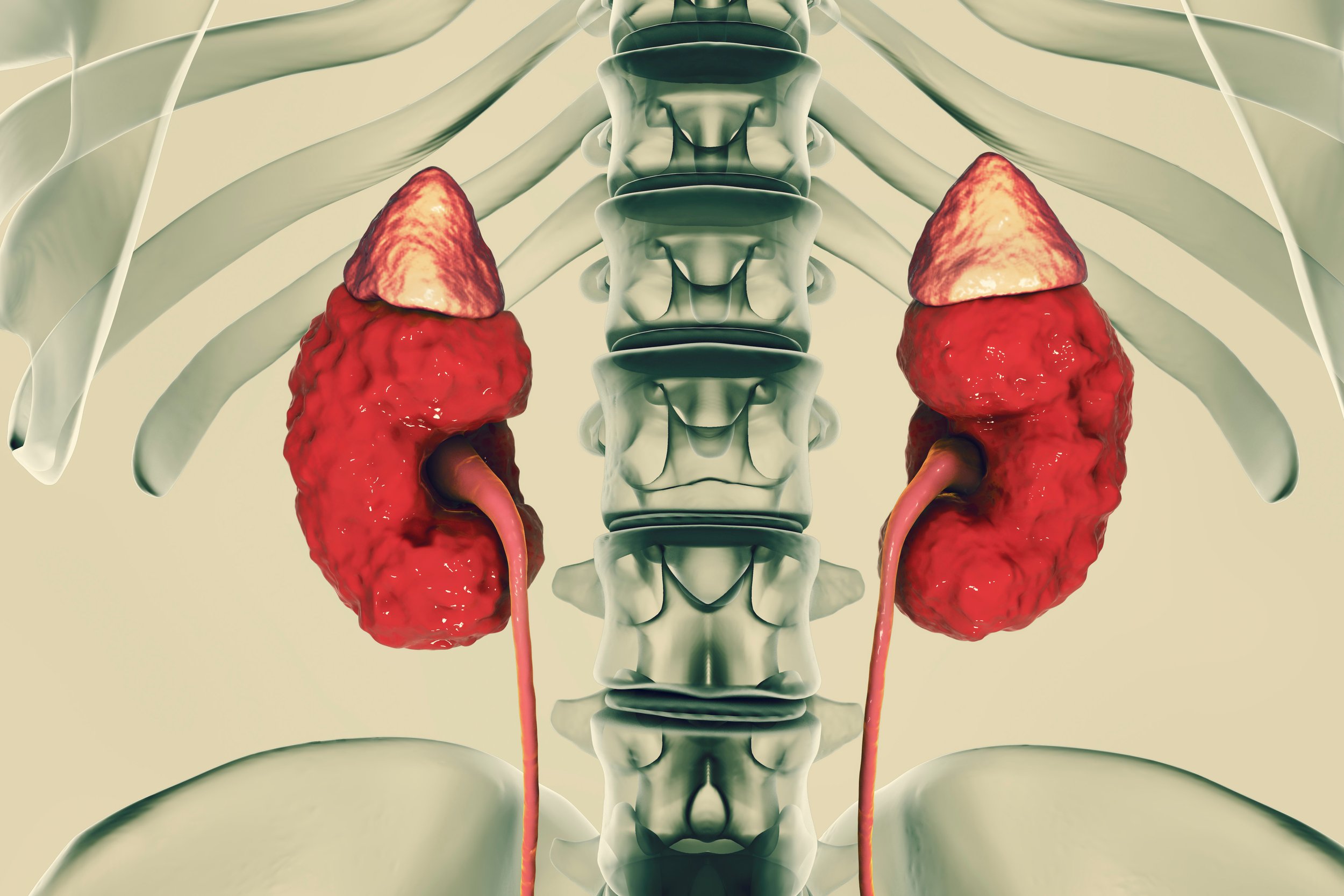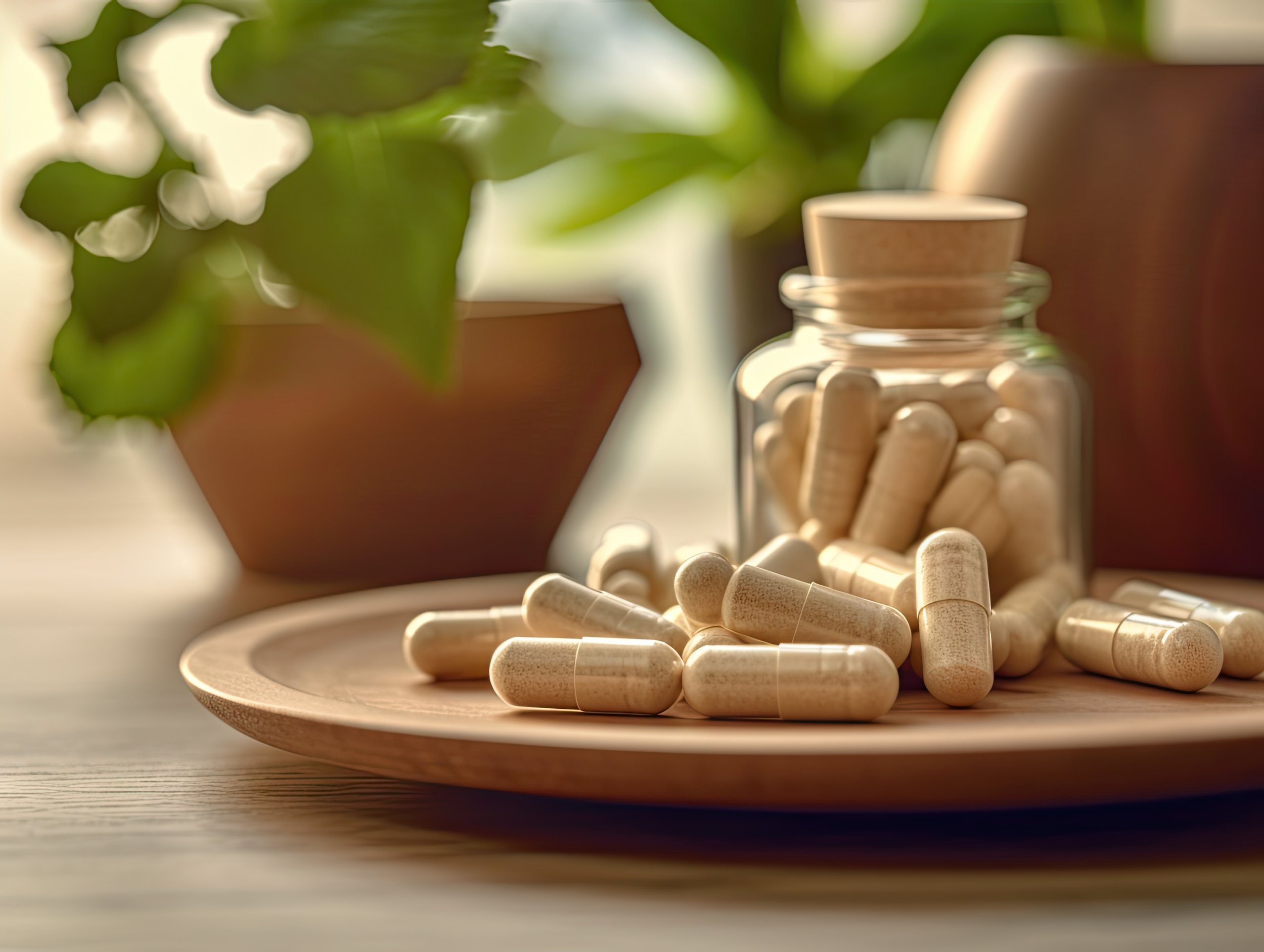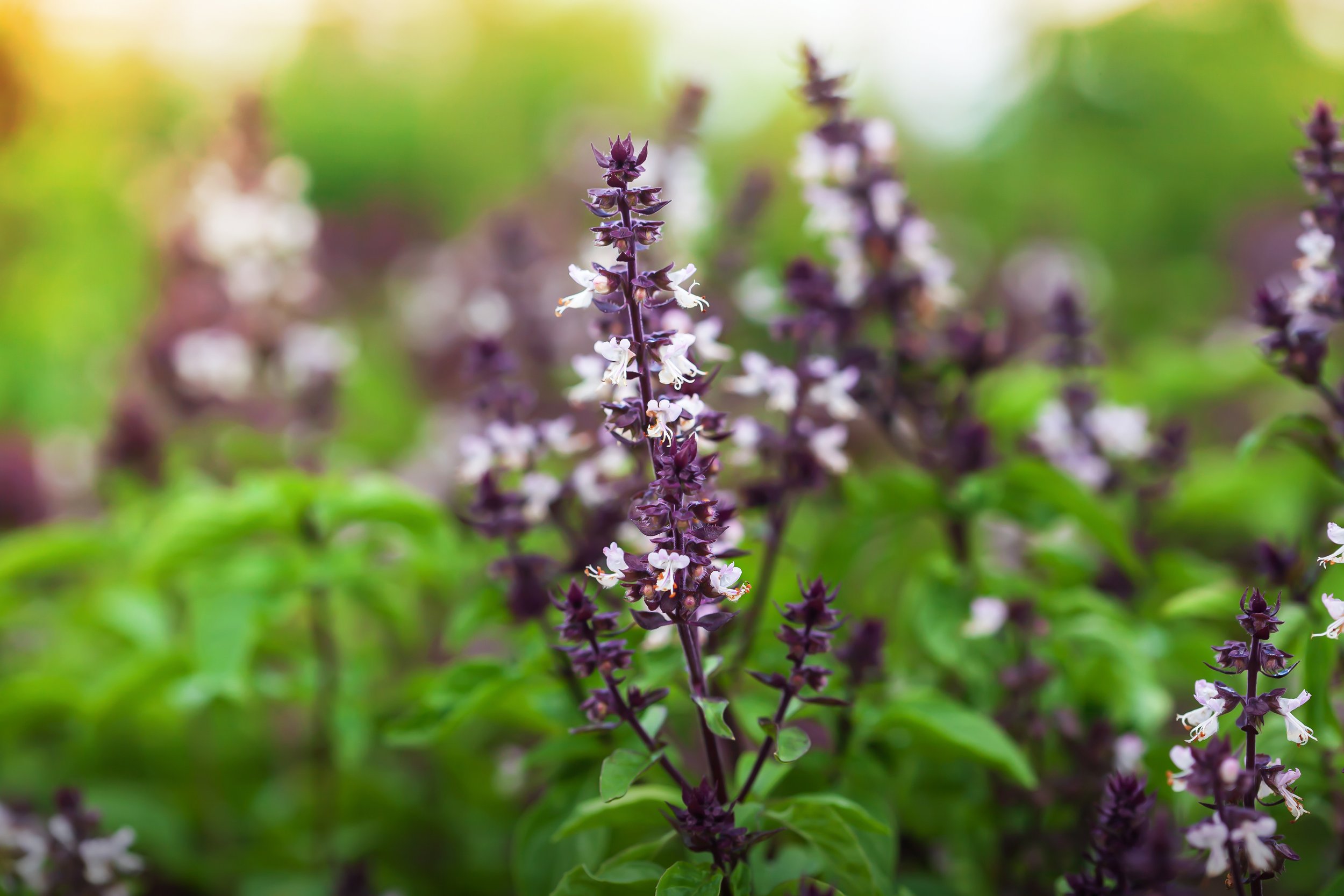Adrenal Health
The adrenal glands are the glands that control and regulate our response to stress. As the world seems to be racing against time, economic hardships, wars, famines, a culture of high needs, lack of true relationships, and more time spent on virtual platforms, such as computers and cellphones, it is inevitable that chronic stress is here to stay.
The amount of information available to us at our keyboards or cellphones keeps expanding at an exponential rate till one can reach a state of not knowing what to believe, whom to respond to and what to prioritize. That by itself is a state of chronic stress.
How about those who work 60-80 hours a week? I see such CEOs and managers in my practice on a weekly basis. They do not have the bandwidth to make any lifestyle changes because they are so overwhelmed with what they have to get accomplished. This is the same for those who are caretakers or working 2-3 jobs to maintain their rent and care for children.
Understanding Chronic Stress
The symptoms associated with chronic stress are myriad and can include:
Fatigue
Body aches, joint aches and tight muscles
Unexplained weight loss or weight gain around the middle
Low blood pressure
Lightheadedness
Loss of body hair
Skin discoloration (hyperpigmentation)
Cold extremities
Palpitations
Chemical and food sensitivies, heartburn, bloating post meals, constipation and diarrhea
Disturbed sleep despite being exhausted
Poor tolerance of exercise, especially heavy aerobic or high intensity interval training that leave them exhausted for the next 48-72 hours
Anxiety, depression and even panic
Many integrative practitioners label the symptoms associated with chronic stress as adrenal fatigue. The Endocrine Society and our academic universities agree that labeling with the diagnosis can lead to us missing other diagnoses such as depression, fibromyalgia, and other causes for chronic stress syndrome.
How to help Chronic Stress? Adapt.
Our adrenal glands are constantly working to get us to a state of balance. It used to be felt that we had to reach homeostatis - i.e. get back to the original balanced state, but today we know that this will never happen and instead we aim to reach a new state of balance labeled as allostasis.
This is because in most instances the stressors do not change but your perception, reaction or response to the stress is managaed, bringing you into a state that was not the original but an adapted version of the original state. Which is why a small event can finally break you if you are at maximum allostatic load for your organs to handle.
Therefore, the key to helping chronic stress is really finding all the ways to adapt and stay there.
Here are some examples of what adapting may look like:
Someone working 60 hours per week - may need to be cut to a more manageable schedule that lets you breathe, exercise, fix meals, shop, and spend time with family. The adaption may mean that you have less disposable income, but is health not a major wealth to your system?
A 24/7 Caretaker - extremely stressful! Finding help so that you can spend a few hours a day taking care of yourself, get out of the house, and take time to do things you enjoy.
A Perfectionist - making everything in your kitchen from scratch, home is immaculate, having to be the very best at your job. You too need help to have realistic goals depending on where you are.
Chronic health issues leading to anxiety & health PTSD - this adds a dimesion to what is already going on in your body and takes longer to heal and adapt. Taking time off work to re-establish routines and getting counseling or coaching to learn how to best manage your time.
Death of a spouse or immediate family member - this ranks first on the most stressful event in one’s life. Taking time to grieve, meeting new friends, helping other people deal with difficult circumstances, can be very helpful. You have to find a new purpose for being.
What are other ways to adapt?
There are many supplements and herbs that can be used to help adaptation. They may work at a hormonal level or at a cellular level.
Ashwagandha - can help decrease raised cortisol and DHEA levels, and help you to adapt to low levels. Also helps with anxiety and sleep.
Ginseng (Eleuthero or Siberian Ginseng) - help regulate hormonal and immune changes due to stress. Can raise norepinephrine and dopamine, which will help with energy.
Holy Basil - can help both objective and subjective markers of stress and improve sleep and anxiety.
Adrenal Extracts - it is hard to find studies showing this to be effective, yet there are many observed effects on helping cortisol and adrenaline levels, thereby helping fatigue.
L-theanine - very useful when experiencing a lot of anxiety and sleep issues. It works by lowering neuronal excitability and is synergistic with magnesium.
Magnolia Bark - when given in doses up to 800 mg per day can help with anxiety and stress.
B Vitamins - help with energy and B5 or pantothenic acid is highly utilitized in the adrenal glands and are key catalysts in the manufacture of neurotransmitters made in the adrenals.
Amino Acids Glycine and Taurine - also very helpful with decreasing anxiety and calming the system.
At FAIM, we will often measure both blood cortisol and DHEA, as well as salivary cortisol levels that show a more physiologic cortisol curve.
Once the sources of stress are identified, we help with coaching on time management, breathing techniques, getting your body back into balance by addressing your gut health, mitochondrial health, nutritional needs, hormonal balancing and managing a proper detoxification process in your body.
We have to underscore that YOU are the most important person who can actually make the difference. You have to acknowledge what you need to change and live with the hard part of making that change a reality so that you have self time and purpose. We are here to help guide you but it is you who must do the work.




